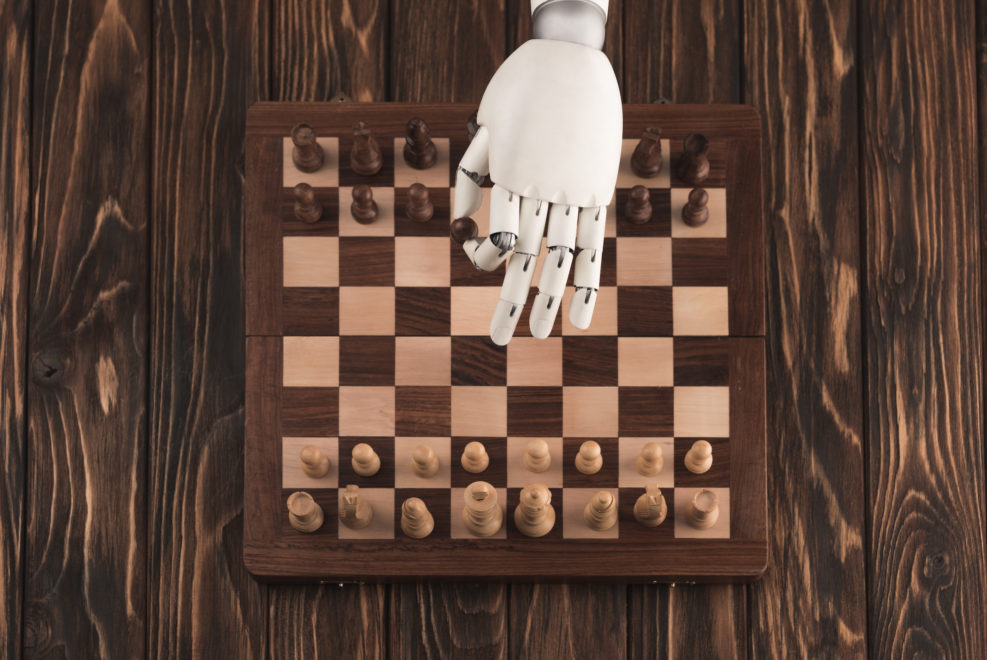
Is AlphaZero Actually Superior to the Human Mind?
Comparing AI and the human mind is completely apples and orangesThe Google-backed AI company DeepMind made headlines in March 2016 when its AlphaGo game AI engine was able to defeat Lee Sedol, one of the top Go players in the world. DeepMind followed up this great achievement with the AlphaZero engine in 2017, which made the remarkable achievement of soundly beating AlphaGo in Go as well as one of the world’s best chess engines in chess. The interesting difference between AlphaGo and AlphaZero is that AlphaGo uses databases of top human games for learning, while AlphaZero only learns by playing against itself. Using the same AI engine to dominate two different games, while also discarding reliance on human games suggests that DeepMind has found an algorithm that is intrinsically superior Read More ›














